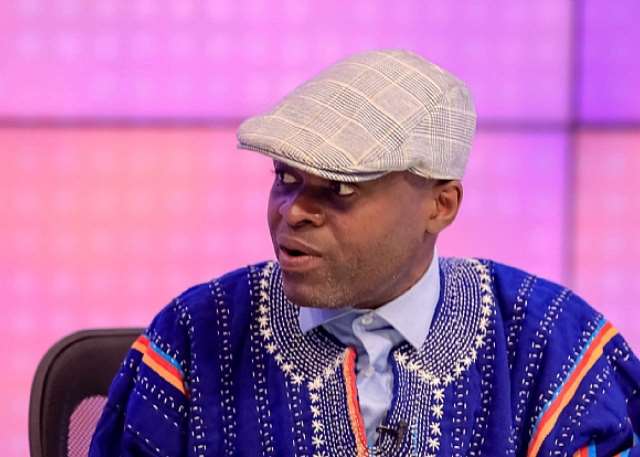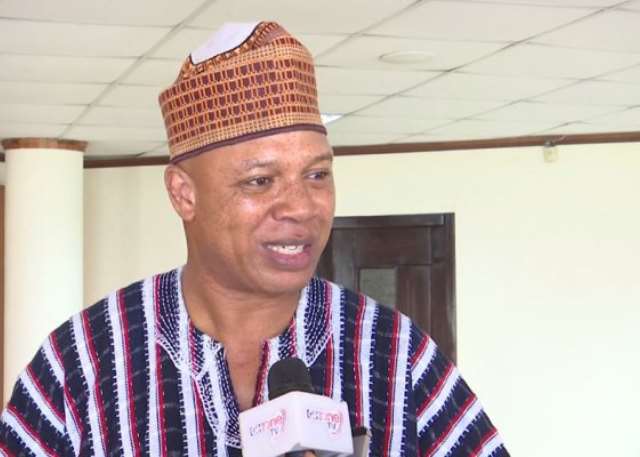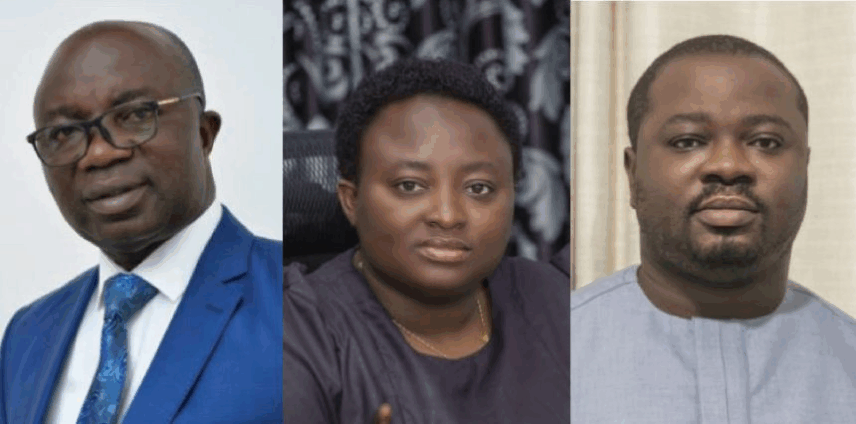Former Chief Justice, Gertrude Araba Esaaba Sackey Torkornoo, will lose all her entitlements following her removal from office, private legal practitioner Martin Kpebu has said.
Mr Kpebu, speaking on TV3, explained that Justice Torkornoo’s dismissal came as a result of findings by a constitutionally established committee, which concluded that she had misconducted herself while in office.
“She loses all her entitlements because she has been found culpable for misconducting herself while in office,” Mr Kpebu stated on Monday, 1 September.
He added that he had hoped the Chief Justice would have been allowed the option to resign, but clarified that a Supreme Court ruling prevents a resignation once a removal process under Article 146 has commenced.
“I was hoping that there would be a way for her to resign, but that wasn’t the case. Once they start the hearing, the respondent — or the Chief Justice — cannot resign,” he noted.
Presidential Action
President John Dramani Mahama announced Justice Torkornoo’s removal from office in a statement issued by the Minister for Government Communications.
The President acted in accordance with Article 146(9) of the 1992 Constitution after receiving the final report from a five-member committee established under Article 146(6). The committee was tasked with investigating a petition submitted by Ghanaian citizen Mr Daniel Ofori — one of three petitions filed against the Chief Justice.
The committee, chaired by Supreme Court Justice Gabriel Scott Pwamang, concluded that the grounds of “stated misbehaviour” under Article 146(1) had been established, and therefore recommended her removal.
“In line with Article 146(9), the President is required to act in accordance with the committee’s recommendation,” the official statement read.
Committee Proceedings
Justice Torkornoo had earlier been suspended from office on 22 April 2025 after a prima facie case was established against her.
The committee, which conducted its proceedings in camera, included Justice Pwamang, Mr Daniel Yaw Domelevo (former Auditor-General), Major Flora Bazaanura Dalugo of the Ghana Armed Forces, and Professor James Sefah Dzisah of the University of Ghana.
Justice Pwamang stated: “To the committee, our mandate and remit as set out under Article 146 clauses (7) and (8) of the Constitution is clear — to inquire into the petitions in camera, hear the person against whom the petitions have been brought, and then to make a recommendation to the President.”
The removal of Justice Torkornoo marks a significant moment in Ghana’s judicial history and is expected to intensify public discourse on the independence and accountability of the judiciary.













